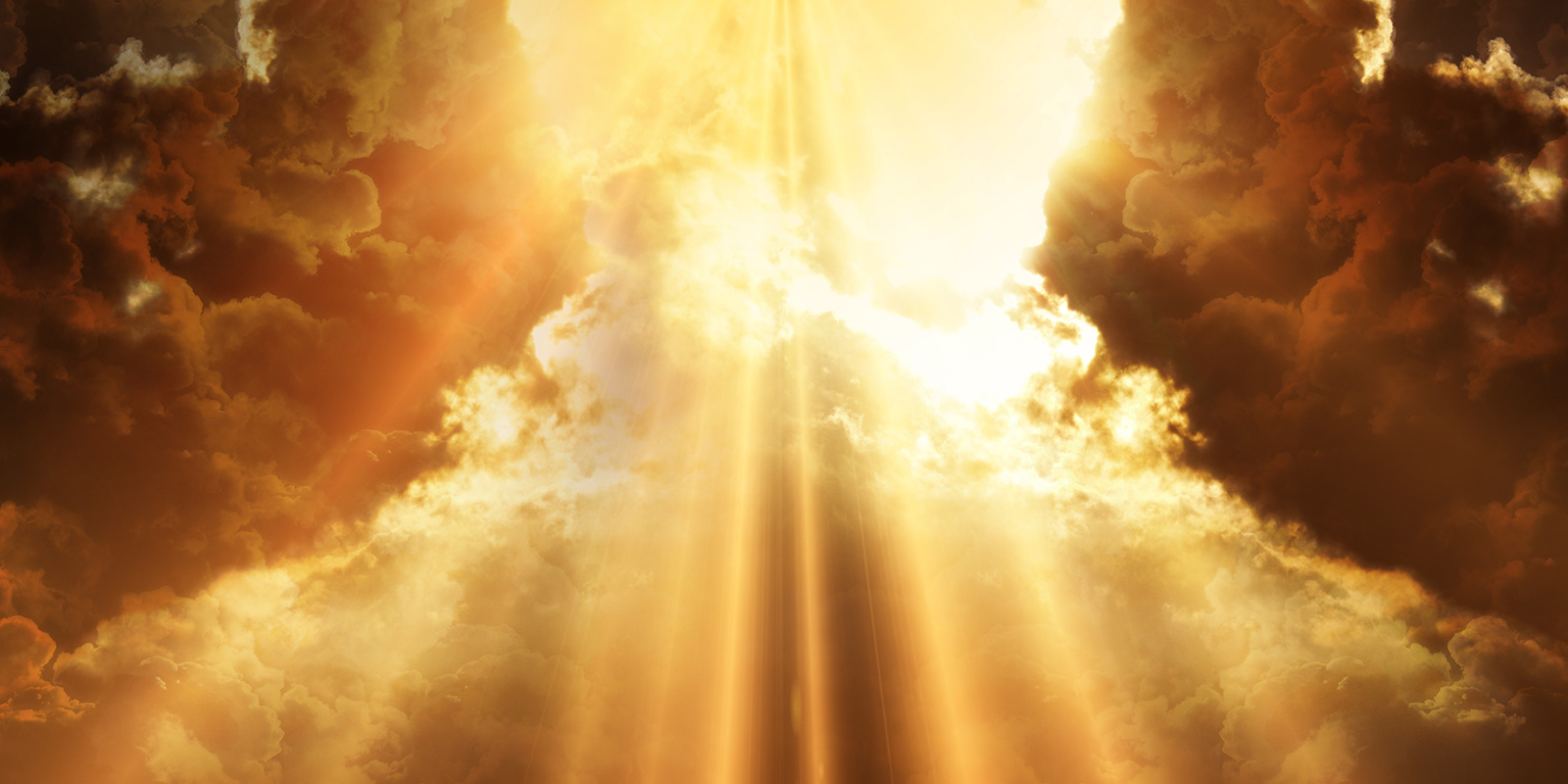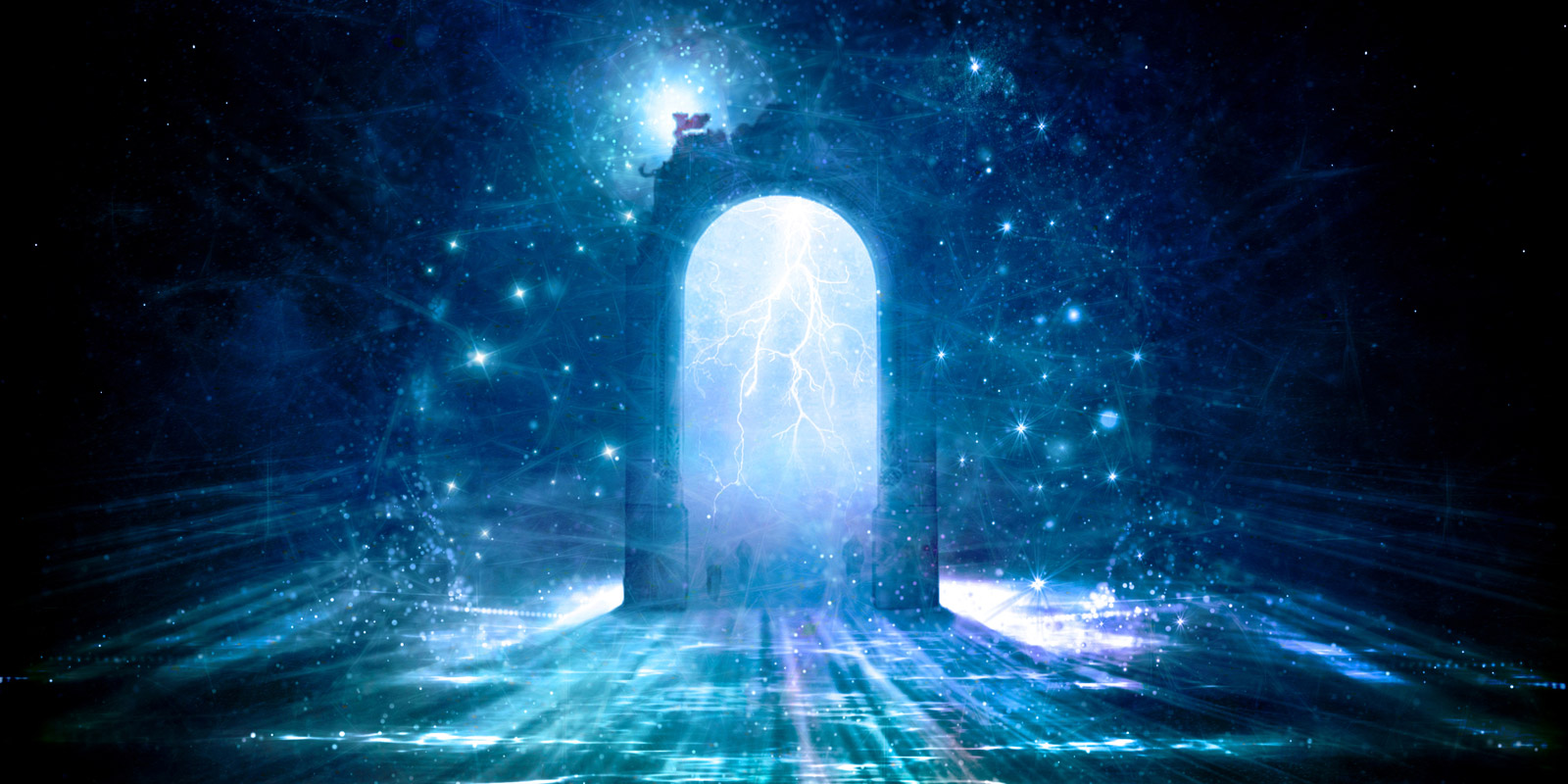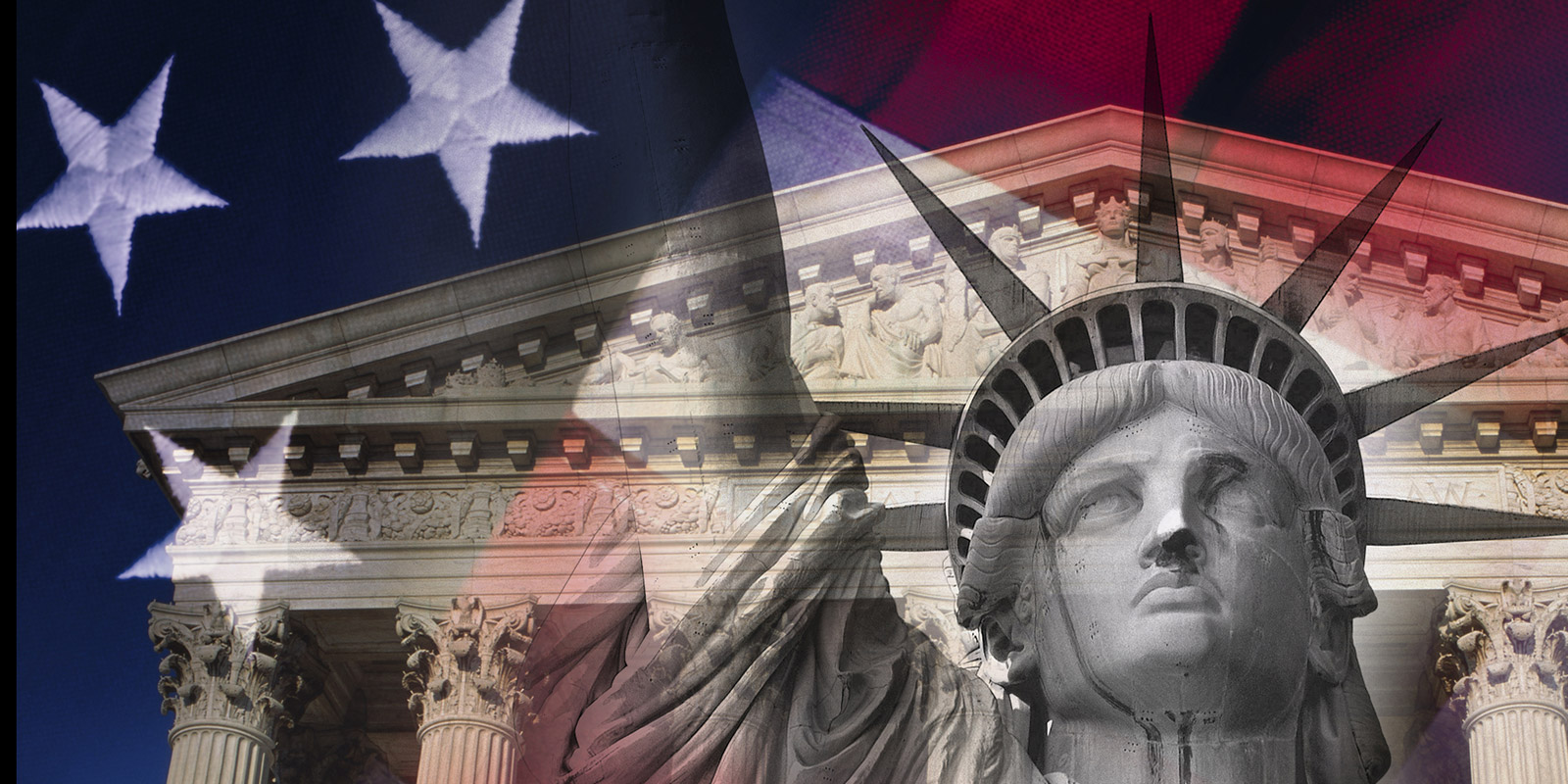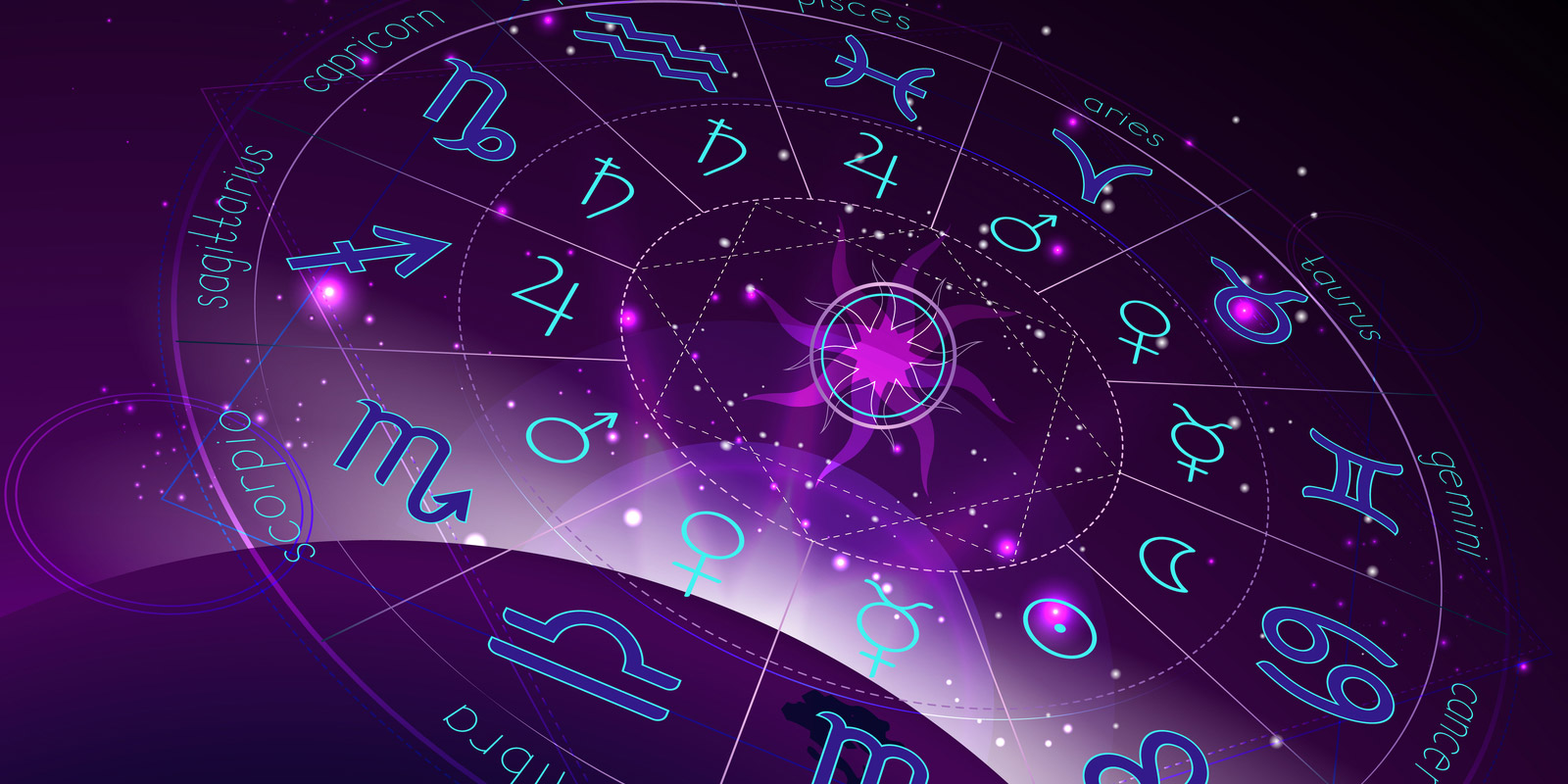Our understanding of our world has evolved over the 200,000 years or more that humans have walked the Earth. Ever since our first awakening, the era in which we became self-aware, we have sought to know what this world is all about. It is a great mystery, especially when we begin to ask “why?”
That’s really the big question. Are we here for a reason? Do we have a purpose? What is it? An evolutionary impulse is at work in our depths, posing questions that challenge our sense of reality. We are prompted to explore the boundaries of our paradigm.
A paradigm is a set of assumptions about reality. It’s a belief system that the majority agree on and work within. It comprises the philosophical context of our lives. As consciousness evolves, so does the paradigm. In our current era, our paradigm has been dictated by the discoveries of science. In other eras paradigms were handed down through scholars, theologians, monarchs and institutions, like the church.
In the Middle Ages, for instance, society was broken up into kingdoms consisting of a monarch, his retinue and his serfs along with a parish priest, or bishop. Church and state operated Reality and the serfs tilled the soil, grew the food, and supplied the manual labor that kept life going.
Everyone in the Western World, at the time, believed in God and the Divine Right of Kings and Popes. God had created the Earth and given man dominion over it. The monarchs believed that they were God’s anointed, while the serfs believed their suffering would be rewarded in Heaven. They all believed that the Earth was the center of the Universe.
Then Copernicus, an Italian, early-Renaissance mathematician and astronomer, discovered through observation that the Earth and other planets were revolving around the Sun. This shattered the paradigm, threw authority into question and initiated a lengthy debate that is still alive in some quarters today. Scientists sought to confirm it. The Church battled against it. Eventually science won out. Disbelievers died off. Everyone began to accept a scientific view of the world and trust scientists to figure it out. This is how paradigms shift. A new idea emerges. People choose sides. Some explore this new idea, others fight it.
A paradigm is basically a hypothesis about Reality supported by a consensus authority that eventually trickles down into the populace and is accepted as fact. A paradigm is a safety net. Everyone is content when they think they know what’s going on. They may not like it, but they learn to adapt. When paradigms start to shift, people get uneasy. They feel threatened. They take it personally and begin to defend their beliefs. Factions emerge. Contention leads to ill-will and conflict. Hostility builds as factions face off.
This is where we are now. Our reality is changing faster than we can adapt. Cherished beliefs are coming into question. Sacred institutions are being challenged. Everyone is accusing everyone else of “fake news.” We can’t wait centuries for our paradigm to evolve. We have to wake up now and see the world through new eyes. More than ever we need to develop discernment. A first step is to take stock of our beliefs. Let’s look at our paradigm.
Our paradigm is a hybrid of theology, science, philosophy, and myth. From religion we inherited a cosmology in which our universe and our planet were created by God. From the Old Testament we got the notion of our fall from grace. From the New Testament we learned of redemption through belief in a Savior. From Darwin we came to believe that we have evolved out of apes and that life is a struggle for survival, that we all have to compete for resources, domination and power. From physics we learned about the origin of our universe at the Big Bang, about universal laws that govern the behavior of matter and, sadly, our insignificance as a speck on an outer arm of an inconsequential galaxy in a meaningless, expanding universe.
The very inconsistencies between these varied points of view make our paradigm rather fragile, but belief is a powerful thing, so powerful, in fact, that it creates reality. Our world is created out of this hash of conflicting beliefs. The result is a dysfunctional society of damaged souls climbing over each other like crabs in a barrel. The result of believing we have dominion over nature is disrespect for our environment, plundering of Earth’s resources, fouling of air, soil and water, a mass extinction of species and a loss of the biodiversity that made us strong. The result has brought us to the brink of disaster. Our paradigm is hurting us, and our chances for survival.
Yet from within physics has come a challenge to this view of reality. For more than a hundred years physicists have been exploring the invisible world of particles and discovering that matter works in wondrous ways at the sub-atomic level. Quantum physics opened a crack in our paradigm. Gradually we began to see parallels between science and mysticism. A whole new batch of questions was hatched, questions that mystics have asked for eons. Meaning is seeping into the domain of science. Unfortunately it takes decades, sometimes centuries for new discoveries to reach the masses. Our education system is woefully behind and losing ground. Luckily we now have the internet and news can spread around the world within minutes.
Our paradigm is shifting at an accelerating pace, perhaps because we are coming to the end of one zodiacal age and entering another. The energy is shifting from Pisces to Aquarius. The cosmic clock is ticking and the alarm is going off. Planets are gathering in Capricorn for the Saturn/Pluto conjunction marking the end of one cycle of growth and manifestation, and the beginning of the next. And next December Jupiter and Saturn start a new 20-year cycle at 0 degrees of Aquarius. We are on the threshold of a potential renaissance. The Aquarian Age will bring an explosion of creativity and scientific discovery, but first we have to address our problems.
Our planet is in crisis as carbon upsets the balance in our atmosphere and the planet heats up. It requires an immediate response. Our adolescence is coming to an end and we’re being asked to grow up to meet this challenge. Collective consciousness is expanding beyond the ego stage, beyond “Me first.” We are becoming a global collective. It’s time to think globally, to realize that every action of ours has an impact on the whole; everything from the thoughts we think to the way we behave, from the attitudes we carry to the feelings we express.
What are the signs of the emerging paradigm? Check out The Last American Vagabond for their summary. I am focused on the evolution of our consciousness from the ego, “what’s in it for me” stage to a global awareness of our interconnectedness and our responsibility to all life on this planet. This is where we all can participate, where we all have the power to effect change.
We will investigate the differences between our current paradigm of separation and the emerging holistic view of all life in our final chapter. First we need to examine our collective unfinished business. I personally believe that humanity has a purpose – to awaken to our Oneness and to embody our Divine nature and manifest it on Earth. How do we do that? We begin by cleaning up our mess. Next week we will look at our collective Karma.





Leave a Reply